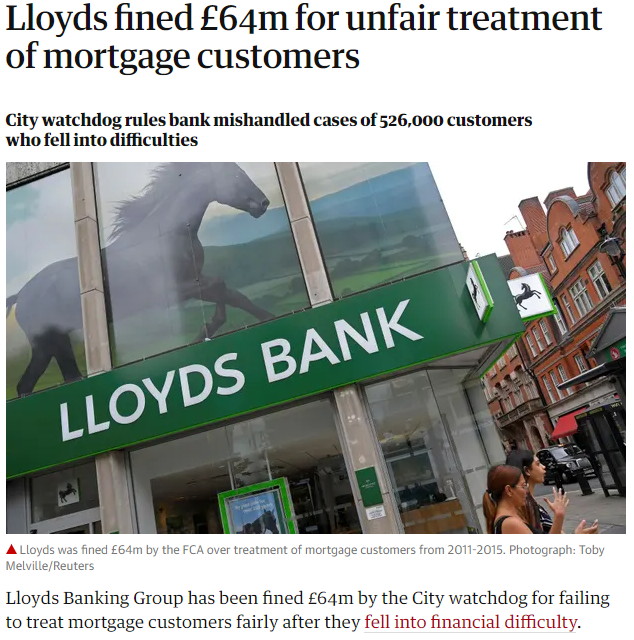This is the fourth blog in a series to help law firms grapple with the latest Legal Sector Affinity Group (LSAG) guidance on the Money Laundering Regulations.
When do I need to undertake EDD?
In the previous blog in this series, we introduced and defined client due diligence (CDD). We explained how CDD differs, depending on the type of client entity, focusing on the requirements for individuals and companies. We also mentioned that there are three different levels of CDD that can be applied when identifying your clients: standard due diligence, simplified due diligence (SDD), and enhanced due diligence (EDD).
In this, the fourth in our LSAG blog series, we will be looking more closely at EDD, and the situations which require you to examine a client’s background more thoroughly than the standard CDD process allows.
Continue reading


